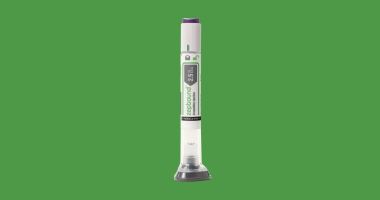Healthy Heart: Is Coconut Oil Good For Cholesterol Patients? – Coconut oil includes medium-chain triglycerides (MCTs). While MCTs can be metabolized differently, pregnant women must maintain a balanced and varied diet of carbohydrates.
Understanding Coconut Oil Composition: How Does Coconut Oil Benefits Cardiovascular Wellness?
Understanding Coconut Oil Composition, Uses And Properties: Cardiovascular health is vital to well-being and a healthy heart. However, the debate surrounding its impact on cardiovascular wellness remains a topic of interest. This article explores the relationship between coconut oil and heart health, examining potential advantages and considerations. Unlike most saturated fats, which are long-chain triglycerides (LCTs), coconut oil predominantly contains medium-chain triglycerides (MCTs). MCTs are metabolized differently in the body, as they are converted into energy more rapidly.
3 Potential Benefits Of Coconut Oil For Cardiovascular Health
- Impact On Cholesterol Levels: Some studies suggest that coconut oil may positively influence cholesterol levels. It has been observed to increase high-density lipoprotein (HDL or “good” cholesterol) while not significantly affecting low-density lipoprotein (LDL or “bad” cholesterol). The HDL/LDL cholesterol ratio is essential in assessing cardiovascular risk.
- Antioxidant Properties: Coconut oil contains antioxidants, such as polyphenols, that may help combat oxidative stress and inflammation linked to cardiovascular diseases. Antioxidants protect the cardiovascular system from damage caused by free radicals.
- MCTs And Energy Metabolism: Medium-chain triglycerides in coconut oil have been associated with increased energy expenditure and fat oxidation. This may affect weight management, a critical factor in maintaining heart health. However, the extent of these effects and their long-term impact on cardiovascular outcomes require further research.
Considerations And Cautions For Using And Applying Coconut Oil
- Individual Variability: Responses to dietary fats can vary among individuals. Genetic factors, diet, and lifestyle affect how the body processes fats. Some individuals may experience changes in lipid profiles with coconut oil consumption, while others may not.
- Consideration For Cooking Methods: Using coconut oil in cooking may be more beneficial than consuming it in processed forms, such as in baked goods or as part of highly processed foods. The heat stability of coconut oil and its suitability for cooking at higher temperatures without breaking down into harmful byproducts are two advantageous characteristics.
Conclusion
While coconut oil has been promoted for its potential cardiovascular benefits, it is crucial to approach the topic with a nuanced perspective. Incorporating coconut oil into a heart-healthy diet may offer particular advantages, but it should be done with an understanding of individual variability and consideration for overall dietary patterns. Moderation, balanced nutrition, and a focus on whole foods remain fundamental principles in promoting cardiovascular wellness. As with any nutritional choices, individuals are encouraged to consult healthcare professionals for personalized advice based on their unique health profile.
Visit homepage for more








